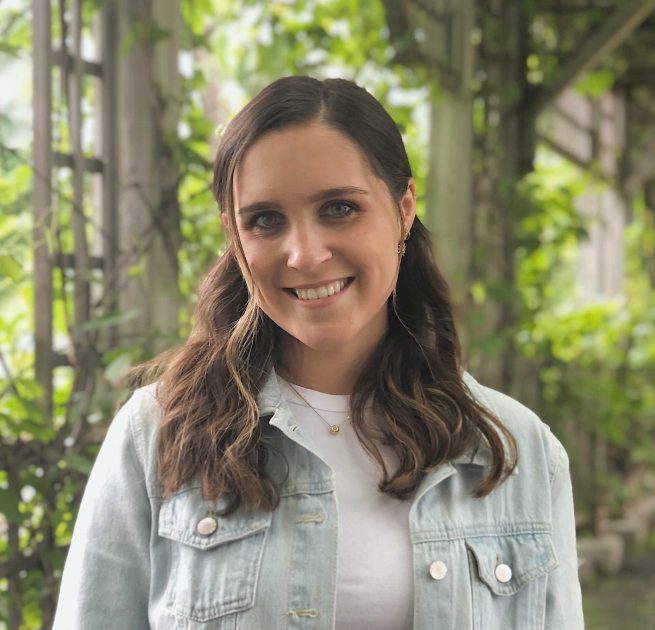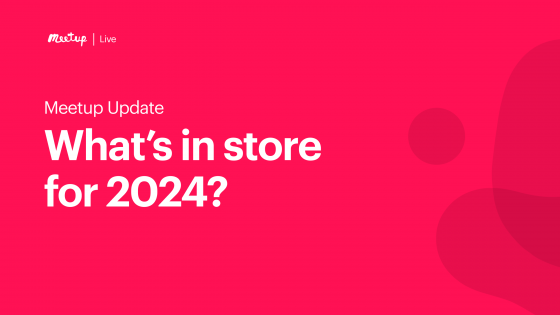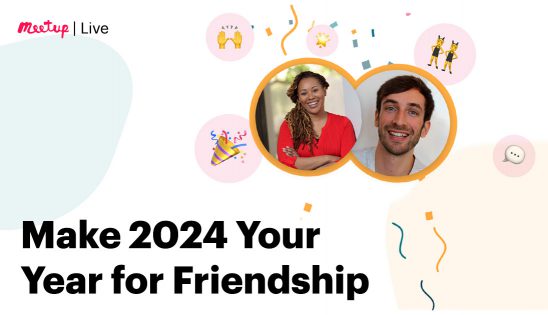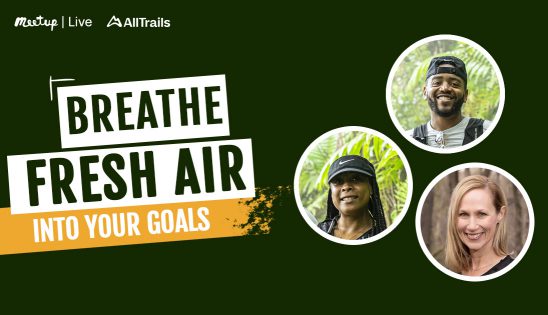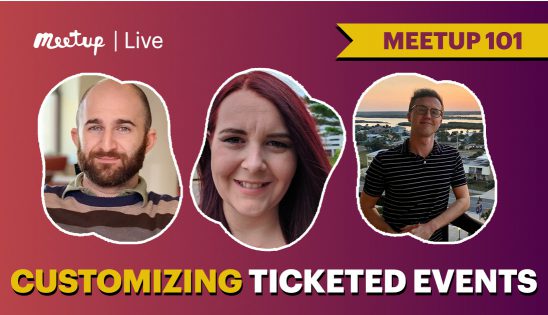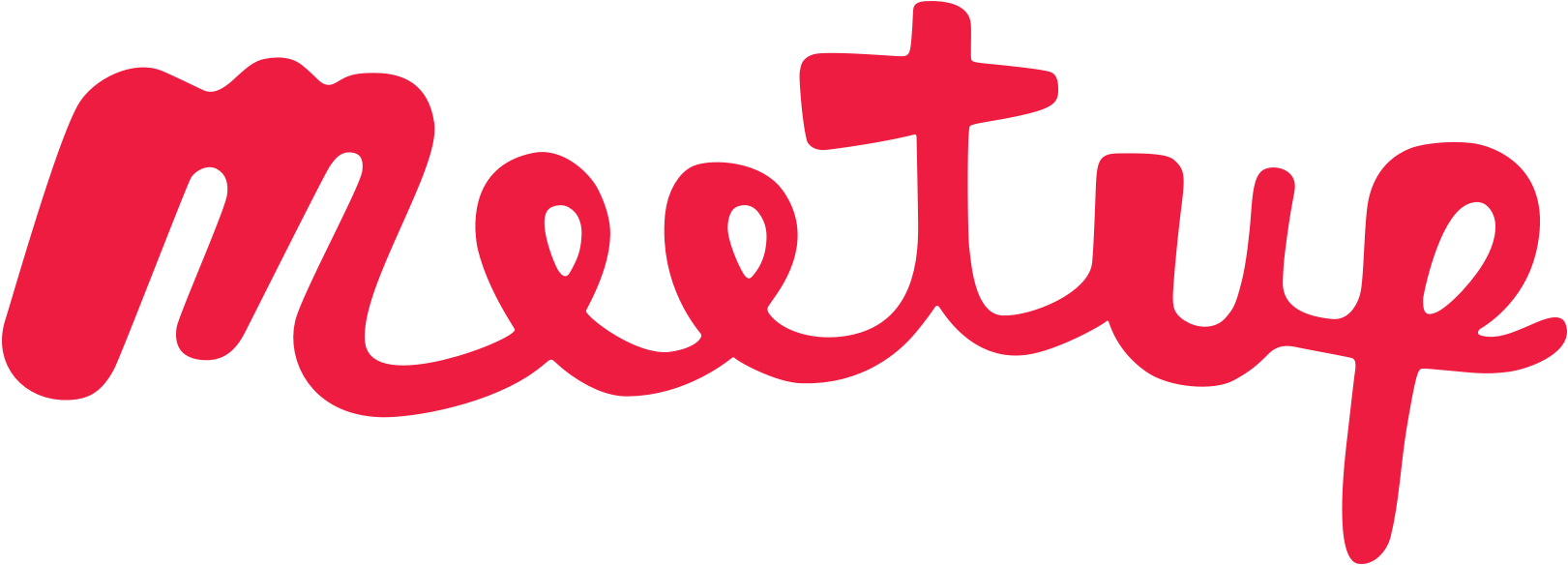It’s Pride Month! Let’s honor this occasion by celebrating love, acceptance, and living authentically. During this Meetup Live recording, we’re gathering Meetup organizers to discuss how they create a safe space for their members.
Watch this recording for a panel discussion with LGBTQ+ group organizers, Doni Burton, Wil Fisher, and Carly Novoselsky, as they share their best practices for crafting a community where members feel welcomed to come as they are. Hear about how they structure their groups to foster acceptance, from finding great venues to fostering discussions where everyone feels included.
Main Takeaways:
The importance of creating a safe space
- Doni: I would say it’s important to create a safe space because of the political climate we’re currently experiencing, as well as the isolation that the pandemic created. I work from home so I’m not interacting in person as much as I would when I went to the office. So it’s nice to know that there are safe spaces for us to exist, to discuss issues that are important to us, and to feel seen.
- Carly: It is so important to have these spaces where you can just show up as yourself. We’ve had people in our group, who come and try different pronouns on, try different names, try different looks. They feel comfortable doing so since it’s a very safe community that is excited for you to grow into yourself and change.
- Wil: Many of us in the LGBTQ community have suffered a lot of wounds in our childhood and our adolescence. A lot of that comes from feeling like we don’t belong and feeling like we can’t be ourselves and feeling pressure to confirm. One of the main values of the spaces that we’re creating is it’s a way for people to heal from those old wounds.
Identifying your group as inclusive and accepting
- Wil: In the group description of a Meetup group, you can share a bit about your community. I like to use the word ‘intention’ and talk about the intentionality of the group. I mention creating a safe of belonging and for people to show up as they are. I also talk about the intention of creating connections and friendships with some events. I’ve even gone so far as to say what the intention is not by being clear that romantic connections are not the intention of the group, though it may happen organically.
Setting rules and regulations
- Carly: My co-host and I created a code of conduct that has some guidelines, simple things including that we’re all-inclusive, we’re considerate and respectful, we describe what the intentions are: we’re supportive but we’re not necessarily a support group. We have really emphasized the social part of Queer Sober Social, we know that people are on their own recovery journeys.
- Doni: My group is trans and nonbinary inclusive so I encourage people to ask about pronouns. Also, it’s really important to center on black queerness, that was the reason this group was created.
Making genuine connections
- Carly: We absolutely love icebreaker questions, and the quirkier and deeper they are, the better! This simple act creates a sense of comfort and approachability. When someone wears a name tag, it becomes a signal that they’re here for similar reasons, fostering a welcoming environment.
- Wil: A certain level of facilitation is sometimes an opportunity to get people connected. If you’re hiking, and it seems like everyone’s keeping to their own or just connecting with the person that they came with, invite a prompt to change the conversation or encourage them to find a new partner to walk with.
- Doni: I use name tags in my group as well, they not only help attendees remember each other’s names but also assist me in recalling names and pronouns more easily. Name tags can also serve as conversation starters, providing an opportunity for someone to approach another person and ask about the pronunciation of their name, initiating a friendly interaction.
Resources:
Resources
Doni:
Wil:
Carly:
- Queer Sober Therapy Instagram
- Queer Sober Social Instagram
- Queer Sober Social Discord
- Queer Sober Social Meetup group
Last modified on June 13, 2023


